(does anyone know)
What is Digital Humanities?
Humanities Computing? Digital Humanities? Digital History? A field? A practice? A discipline? A waste of time?
What is technology?
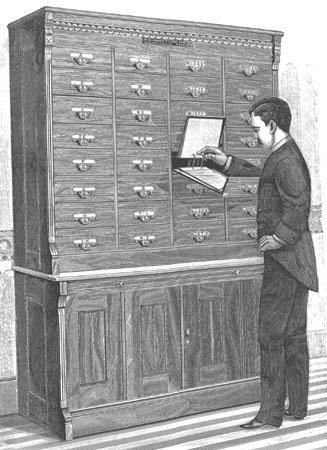
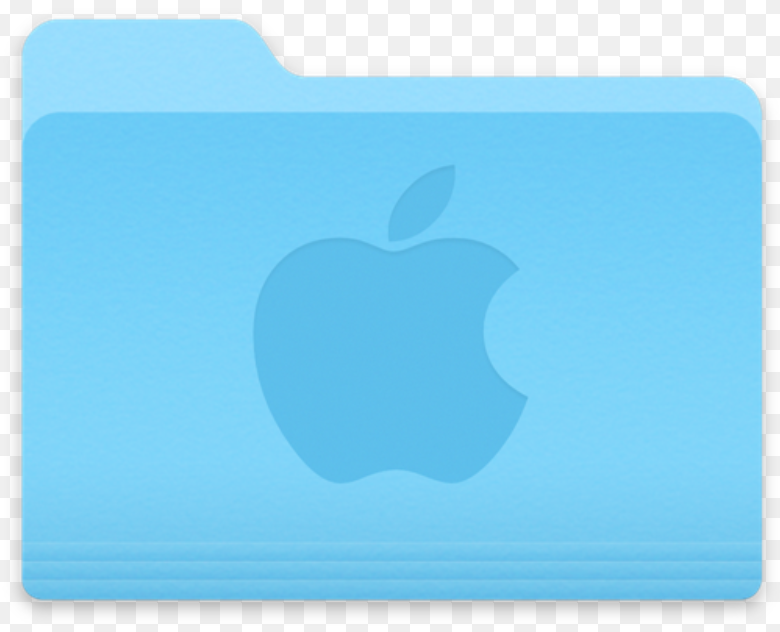
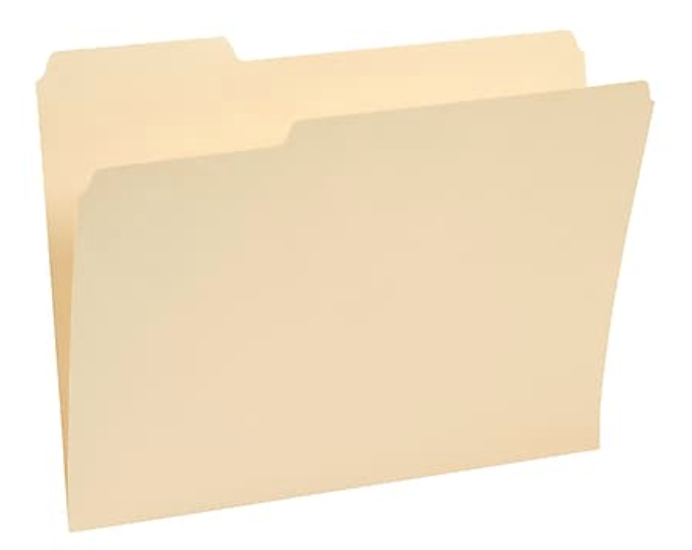
“There is no such thing as a new idea. It is impossible. We simply take a lot of old ideas and put them into a sort of mental kaleidoscope. We give them a turn and they make new and curious combinations. We keep on turning and making new combinations indefinitely; but they are the same old pieces of colored glass that have been in use through all the ages.” -- Mark Twain,
Radiophone Dance, 1920
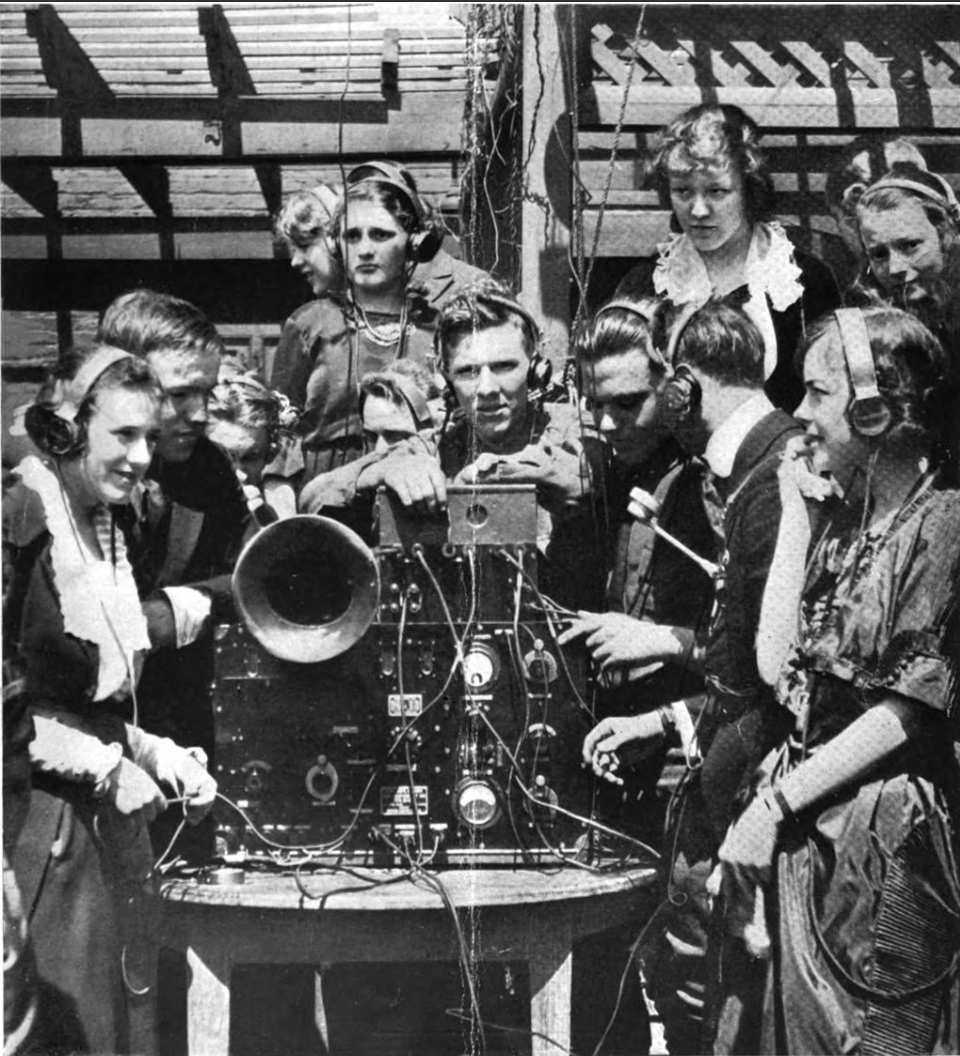
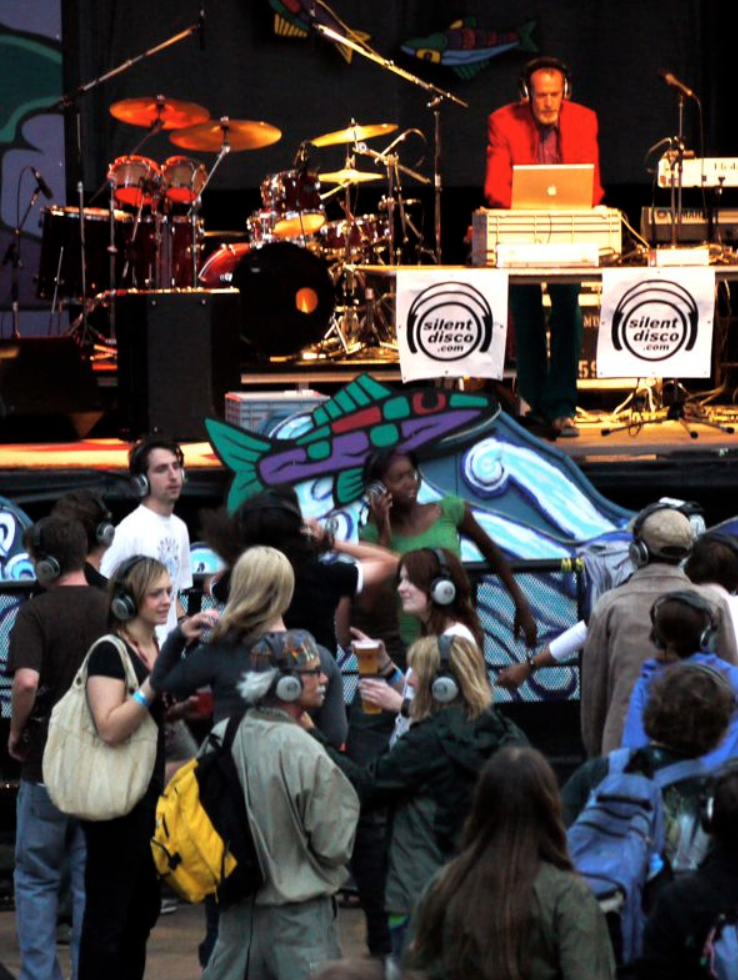
Silent Disco, 2009, Wikimedia Commons
Codex --> Printed Book --> Ebook
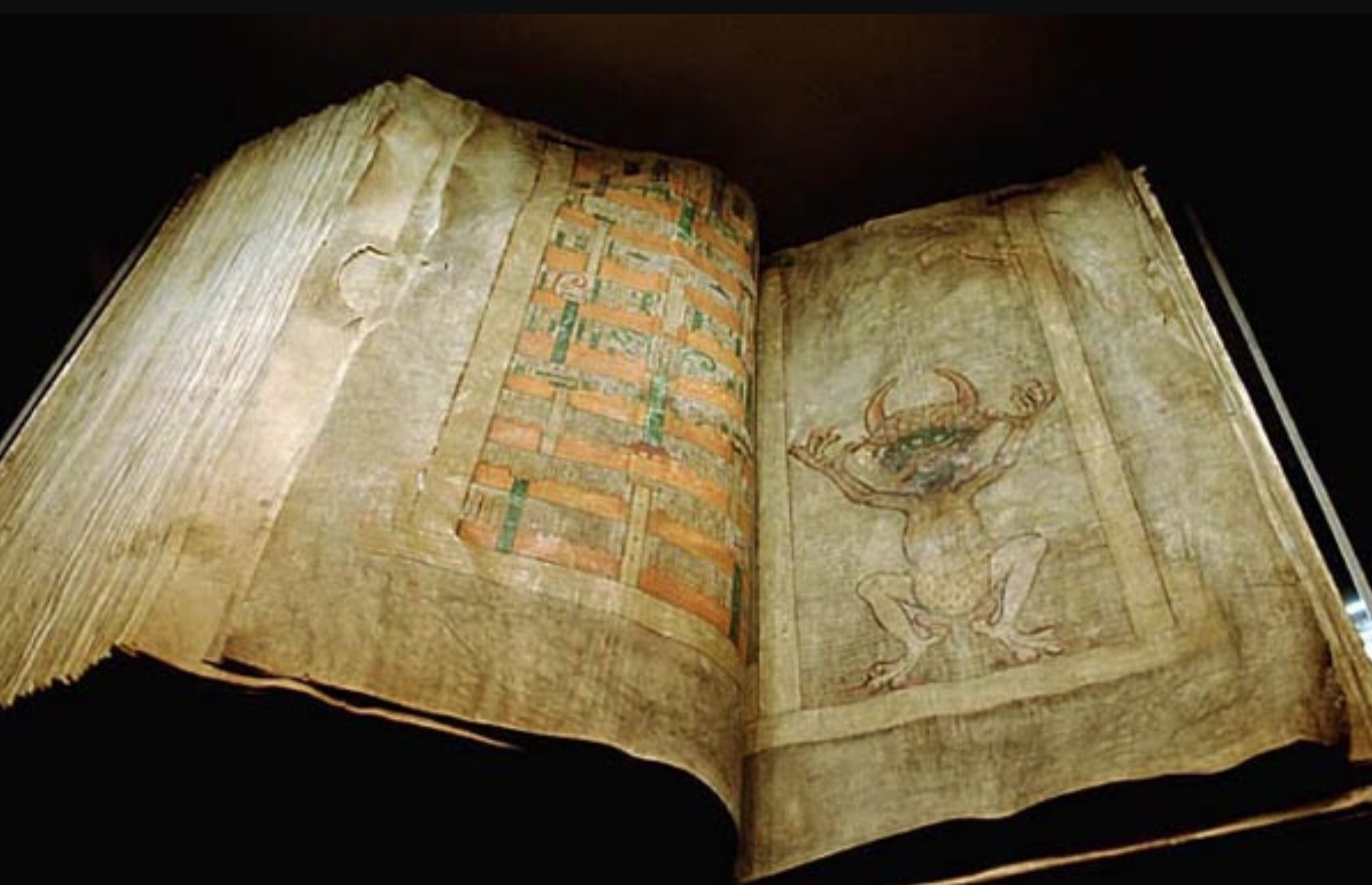
The Codex Gigas, 13th century, Bohemia.
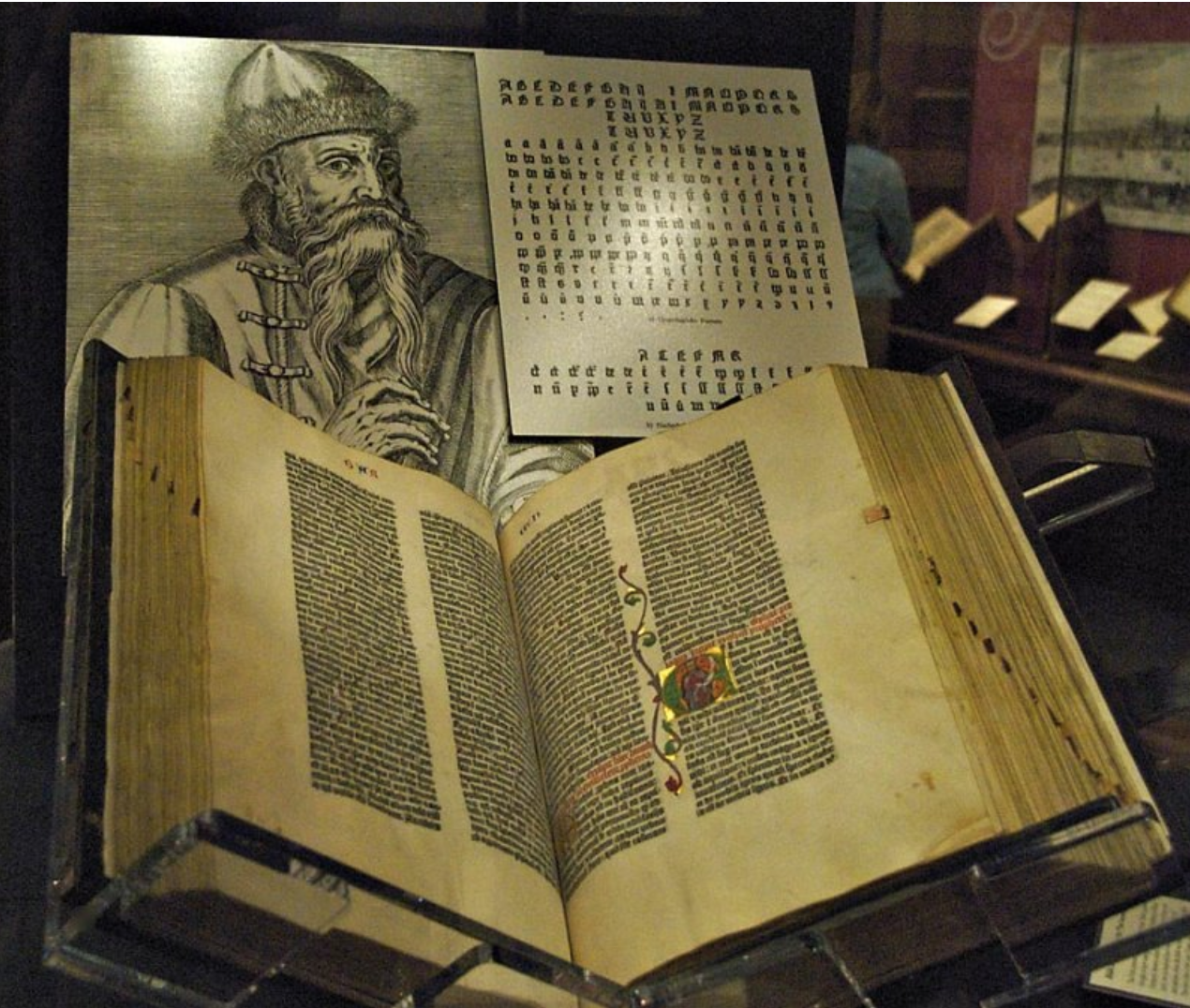
The Gutenberg Bible, 15th century, Germany.
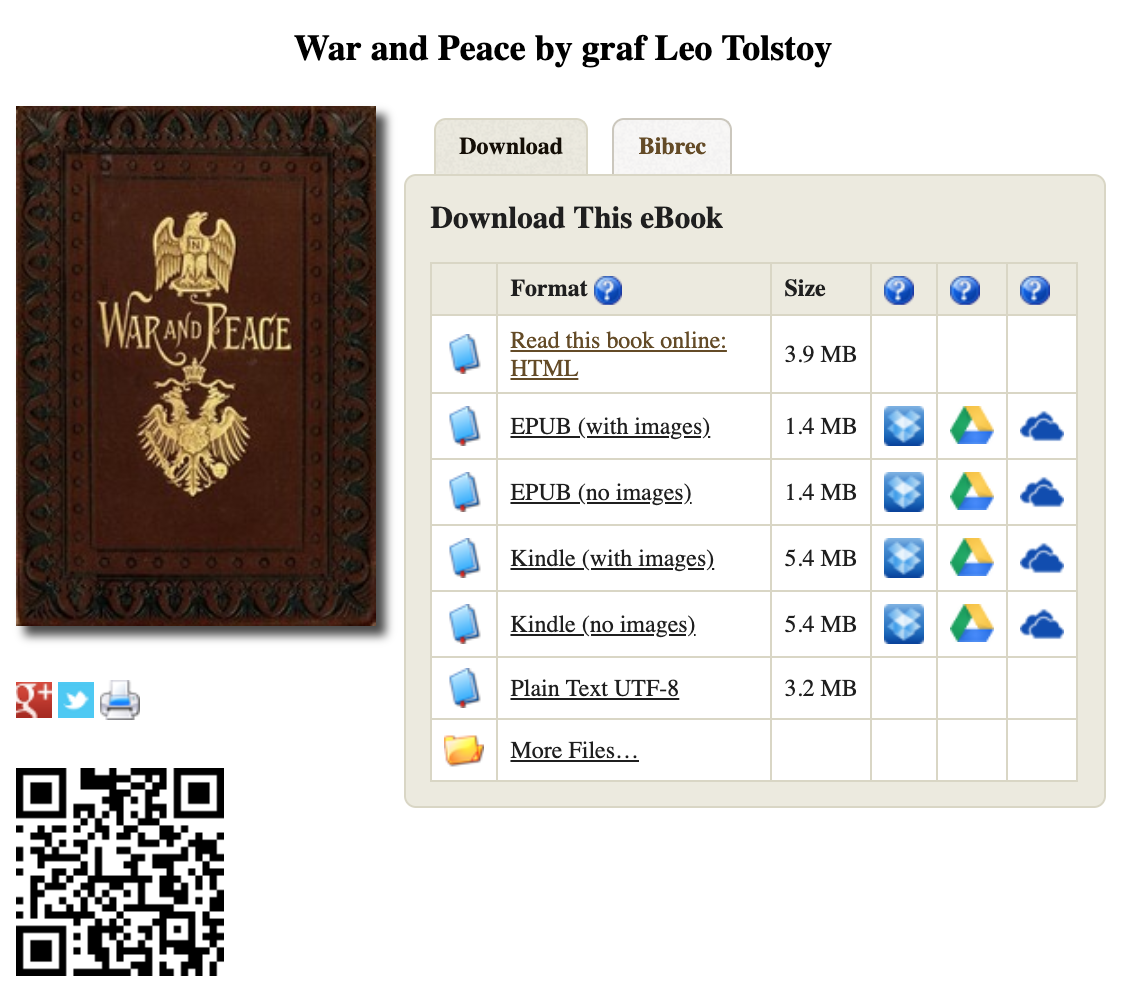
Project Gutenberg, 2019, World Wide Web.
Humanities Computing
Shift from computing with an emphasis on humanities to...
Digital Humanities
humanities that is inherently digital in design, form, and publication.
1930s
- IBM is rescued by the Social Security Act. The punch card becomes the official computing device for the New Deal.
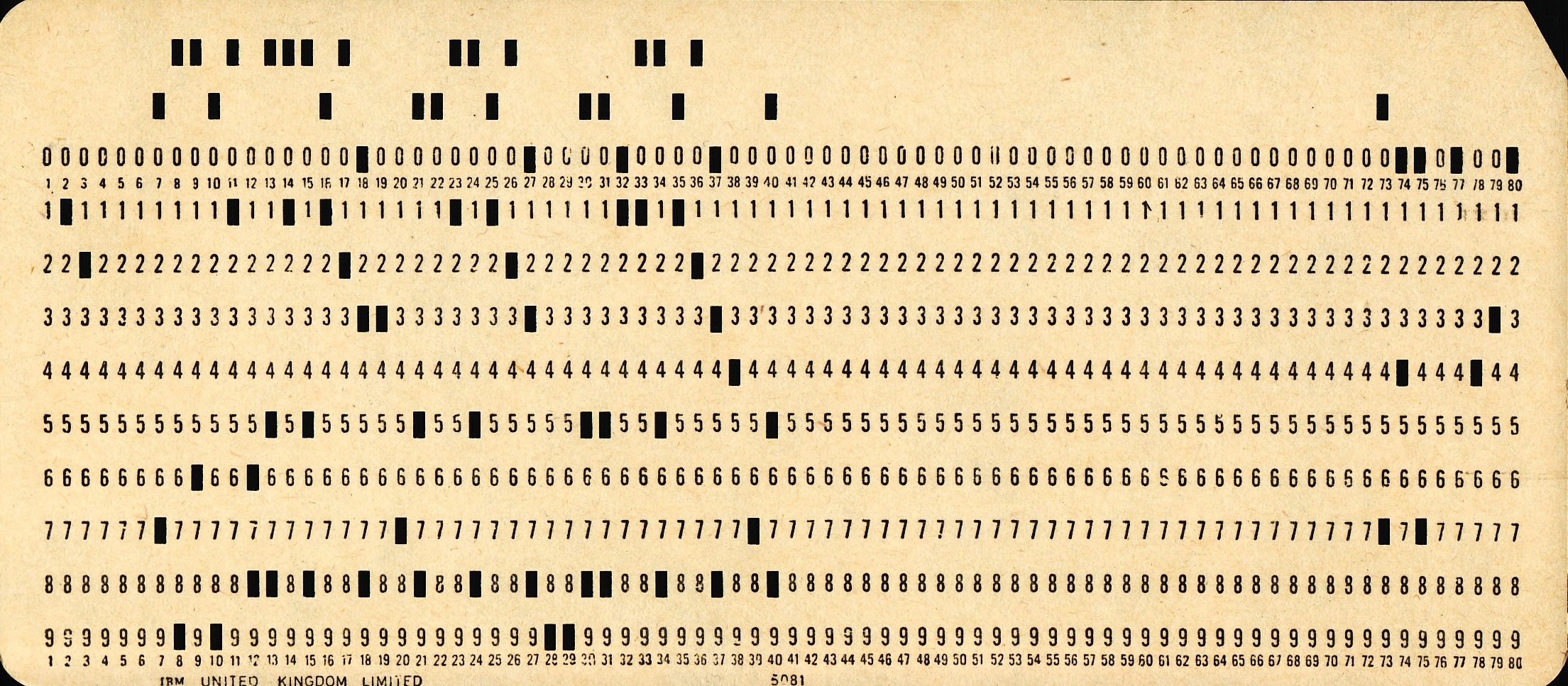


1940s:
- Jorge Luis Borges (author) publishes "Garden of Forking Paths." - multiverse
- Vannevar Bush (scientist on Manhattan project) publishes "As We May Think." - memex
- Father Busa (scholar) attempts to index the writings of St. Thomas Aquinas with the help of IBM. (completed 1970s)
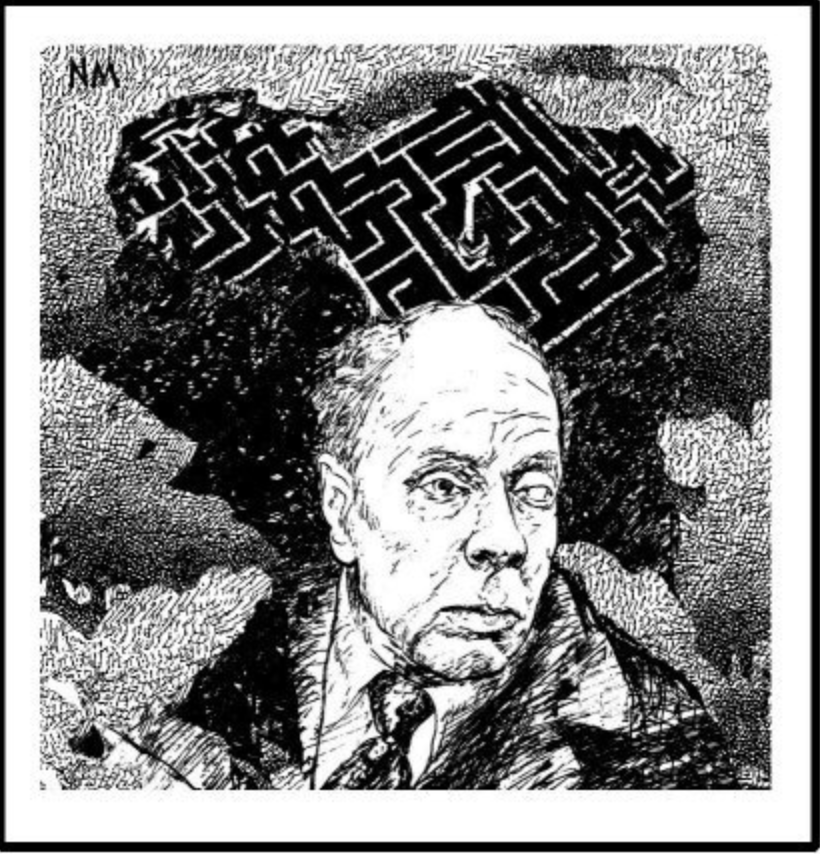
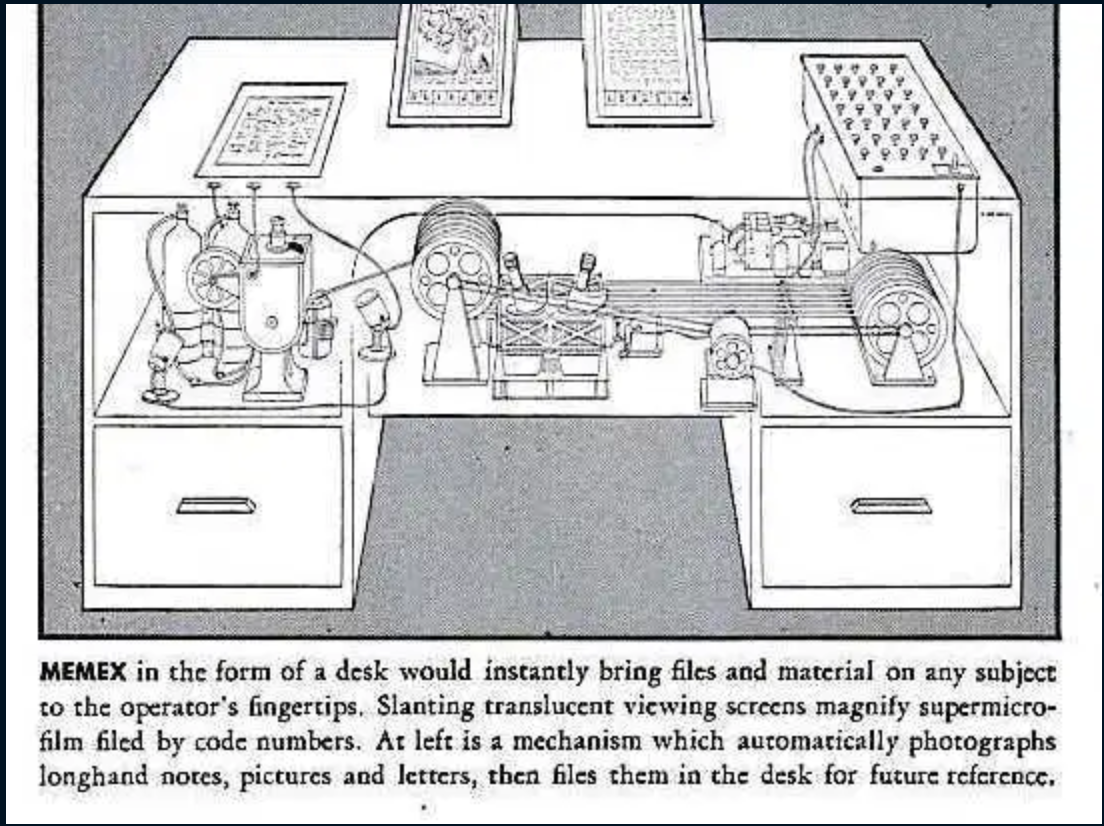
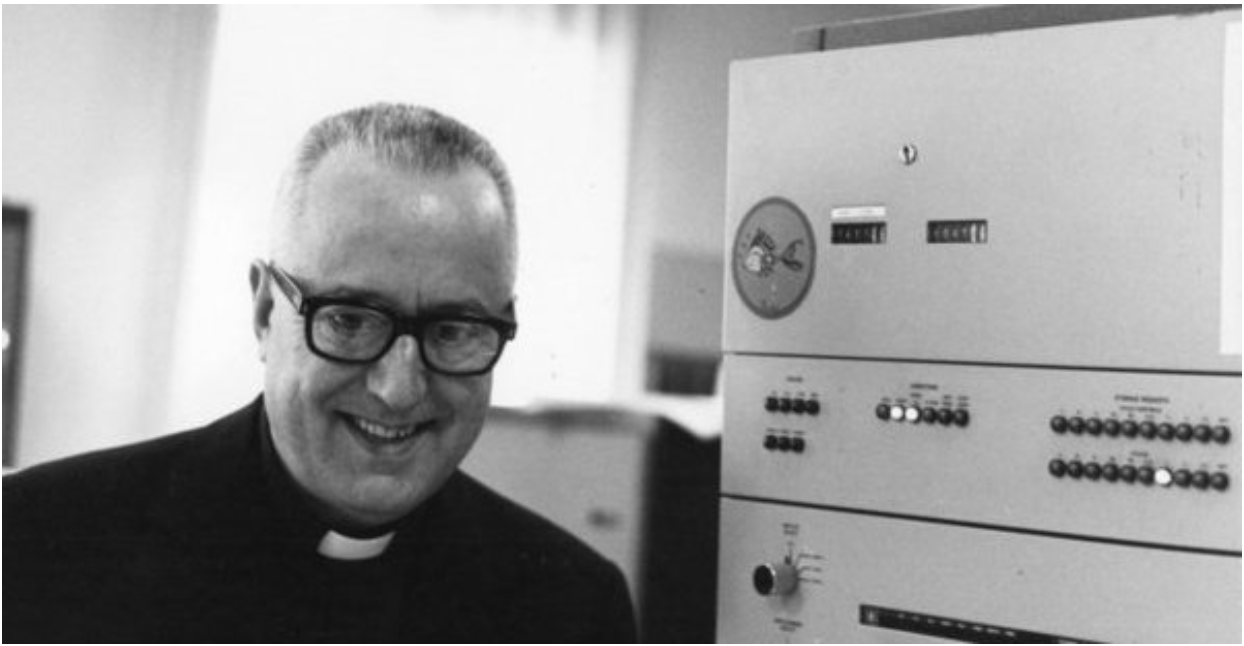
1950s-1960s
- Alan Turing cracks the Enigma code and designs the Turing Test.
- ELIZA one of the first AI programs to pass the Turing Test.
- Ted Nelson conceives of Project Xanadu and invents the term "hypertext."

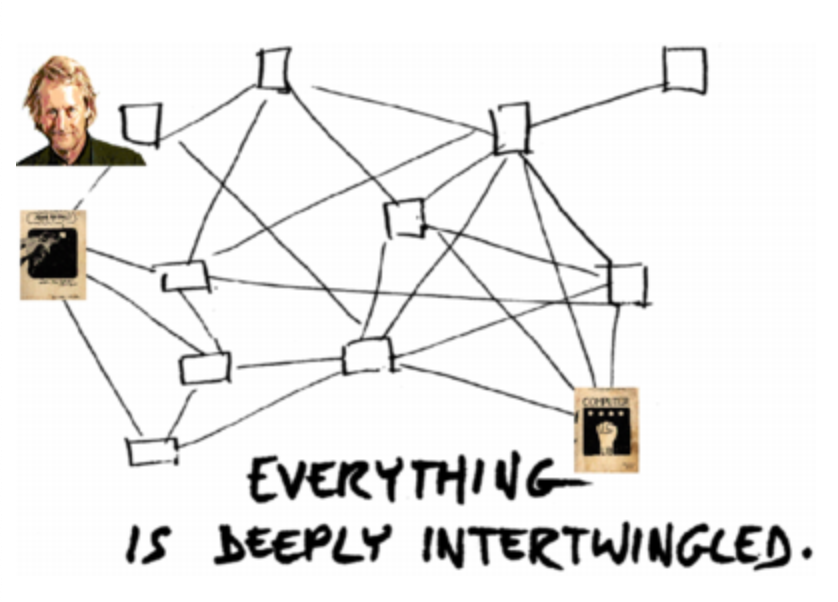
1970s-1990s
- The graphical user interface replaces the command line by 1980s - personal computing revolution.
- World Wide Web and CD-Rom gain popularity.
- Hypercard creates possibility for user-guided explorations of virtual worlds.
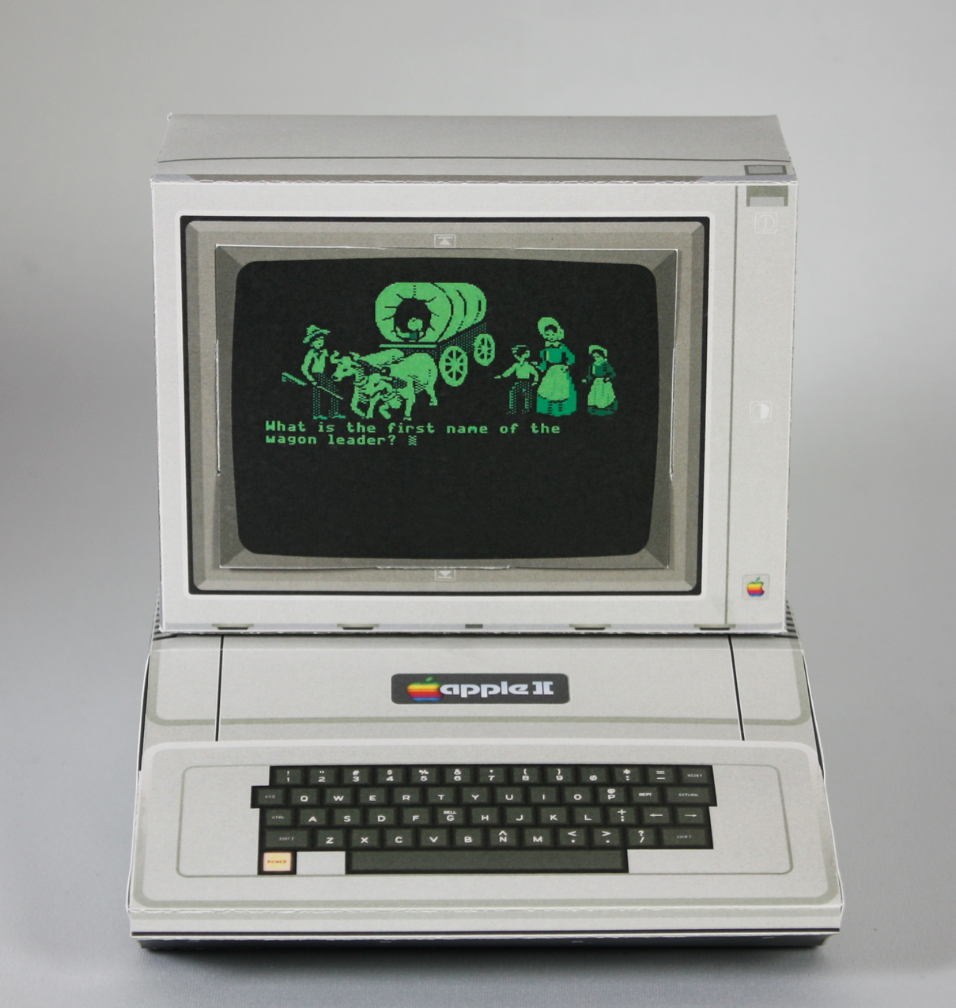
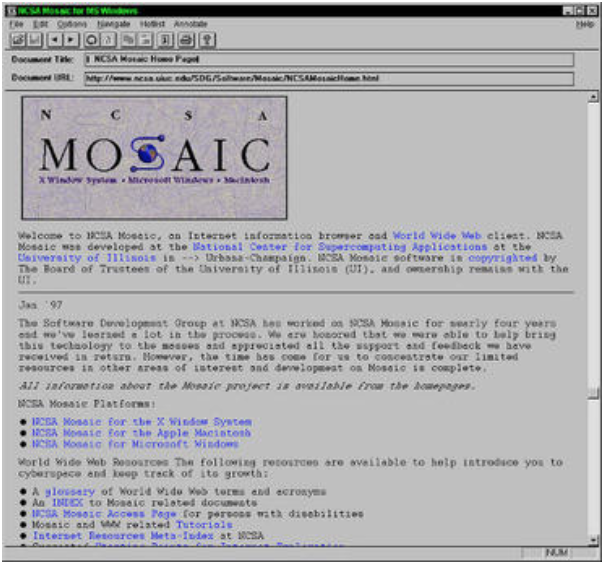
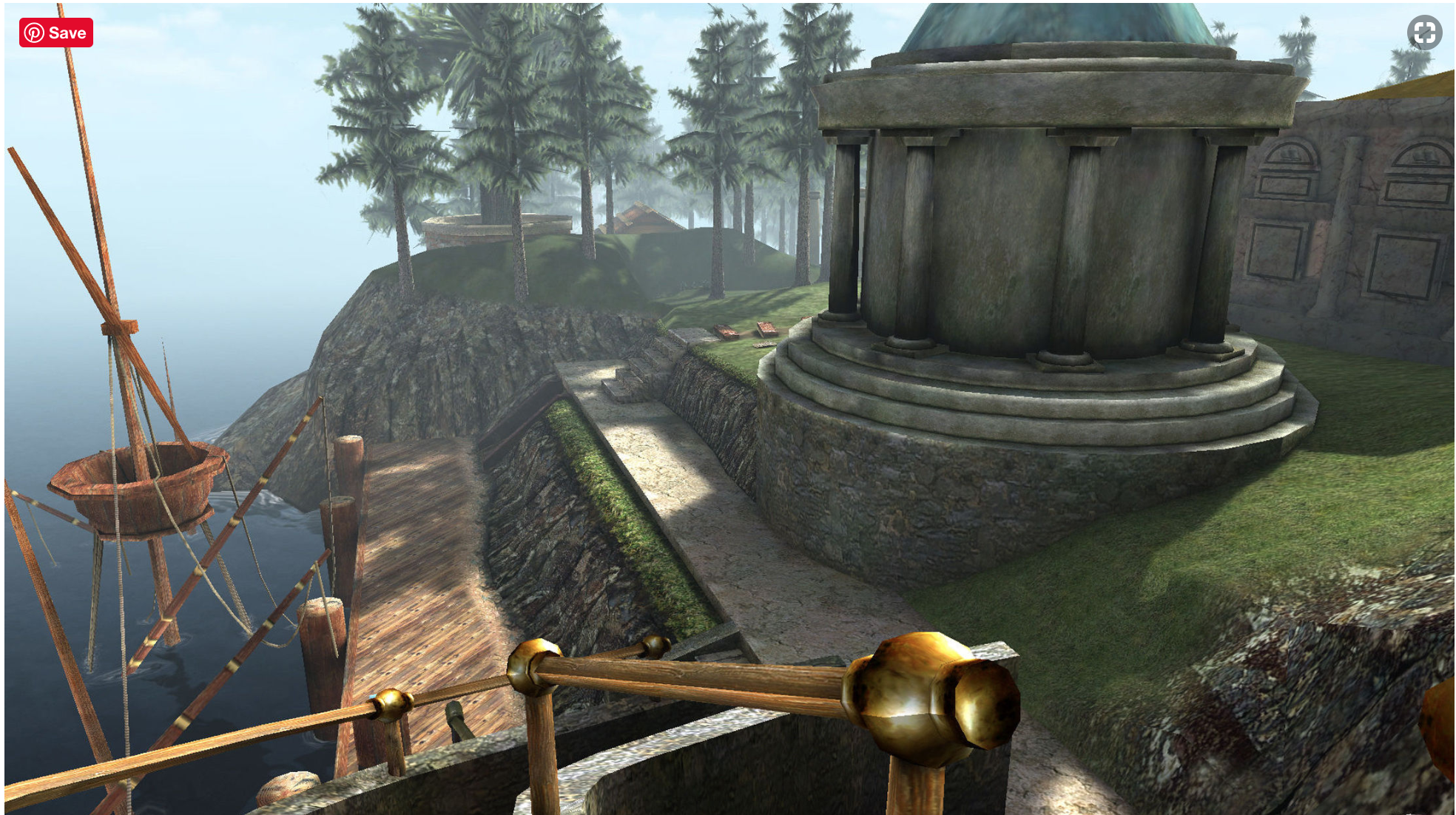
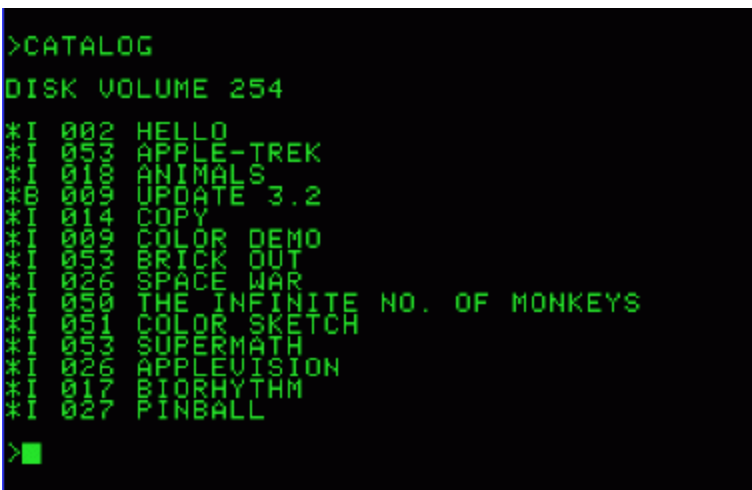
21st Century
- The Internet continues to expand (RIP Floppy Disk and CD-ROM).
- Web 2.0: the web becomes participatory. Enter Myspace, Livejournal, Facebook and other social media websites.
- Content management systems (CMS) like Omeka and Wordpress are built for people to publish online.
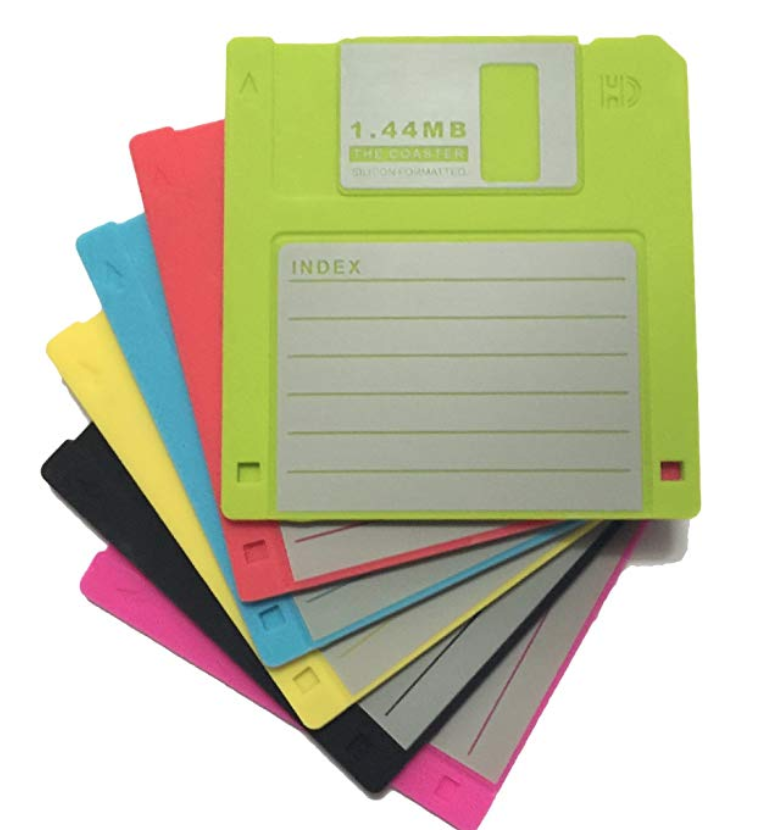
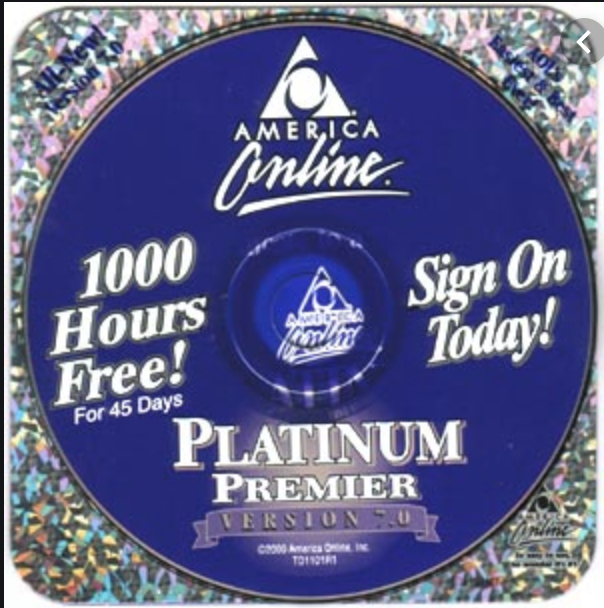
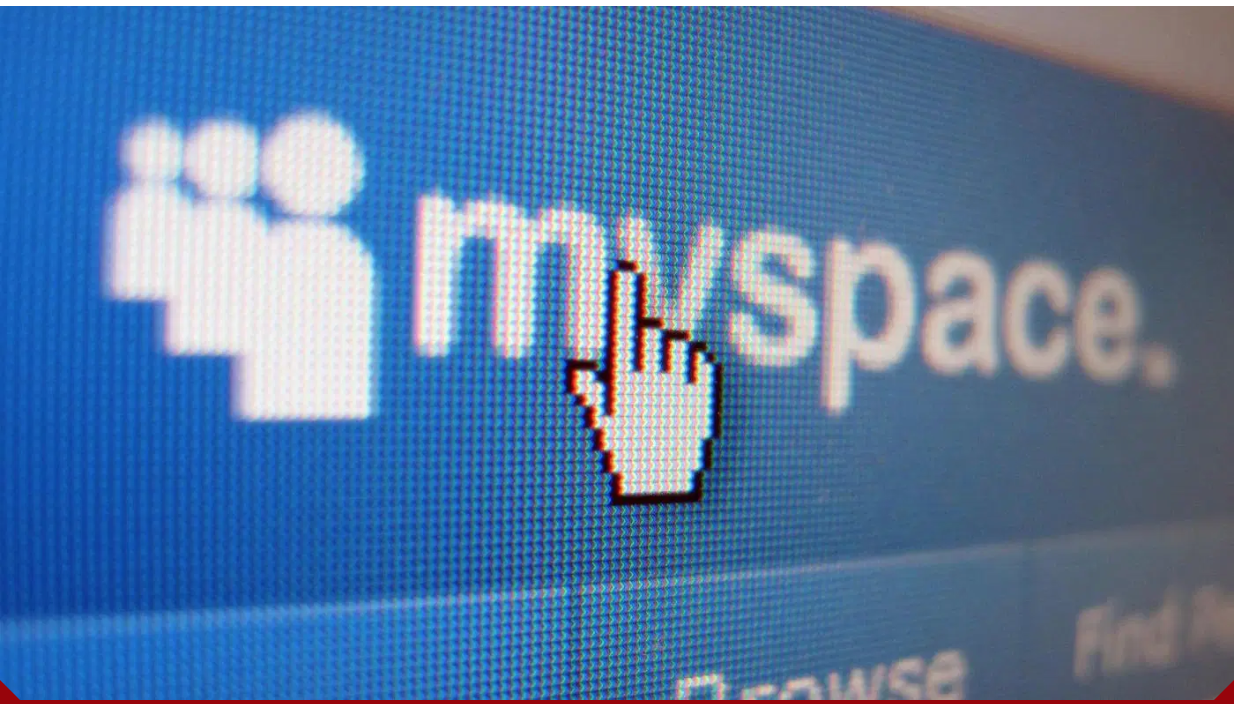
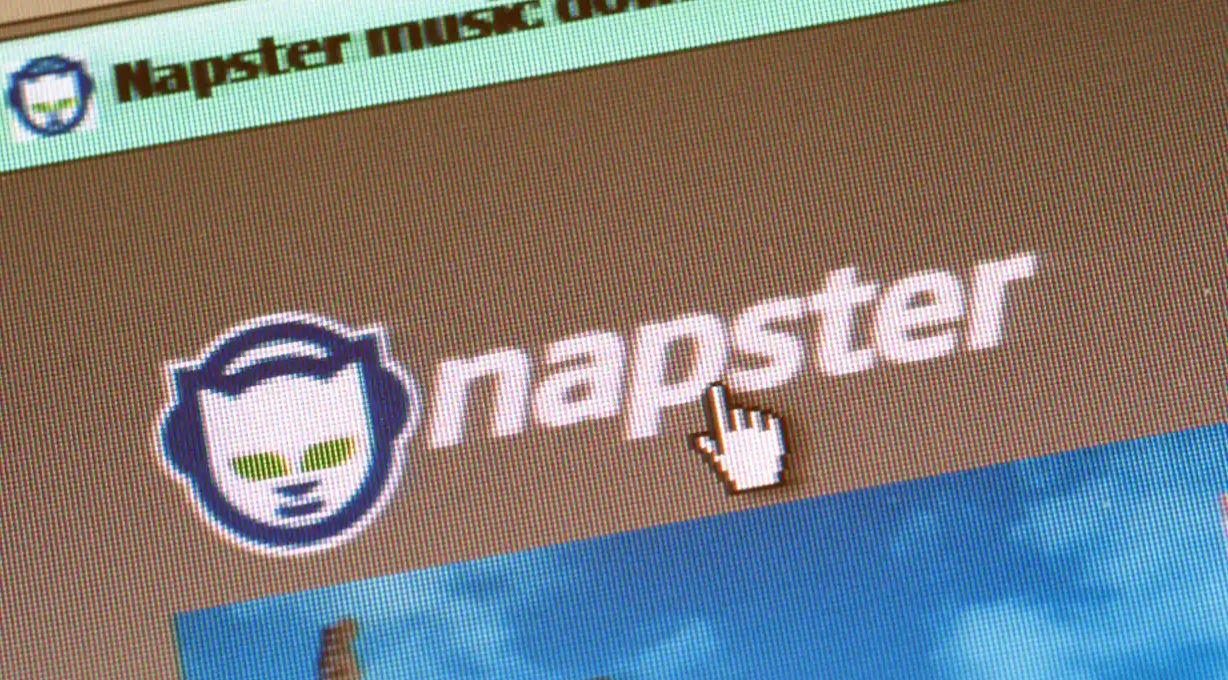
Where does Digital History fit in?
Some central features:
-
Collaborative
-
Open access/source
-
New scales of analysis
Digital History is a subset of digital humanities. It is based on applying technology to ask and answer historical questions.
Most digital humanities work is done at Centers at universities and funded through grant money from public organizations like the National Endowment for the Humanities or private organizations like the Andrew W. Mellon foundation.
Miriam Posner's
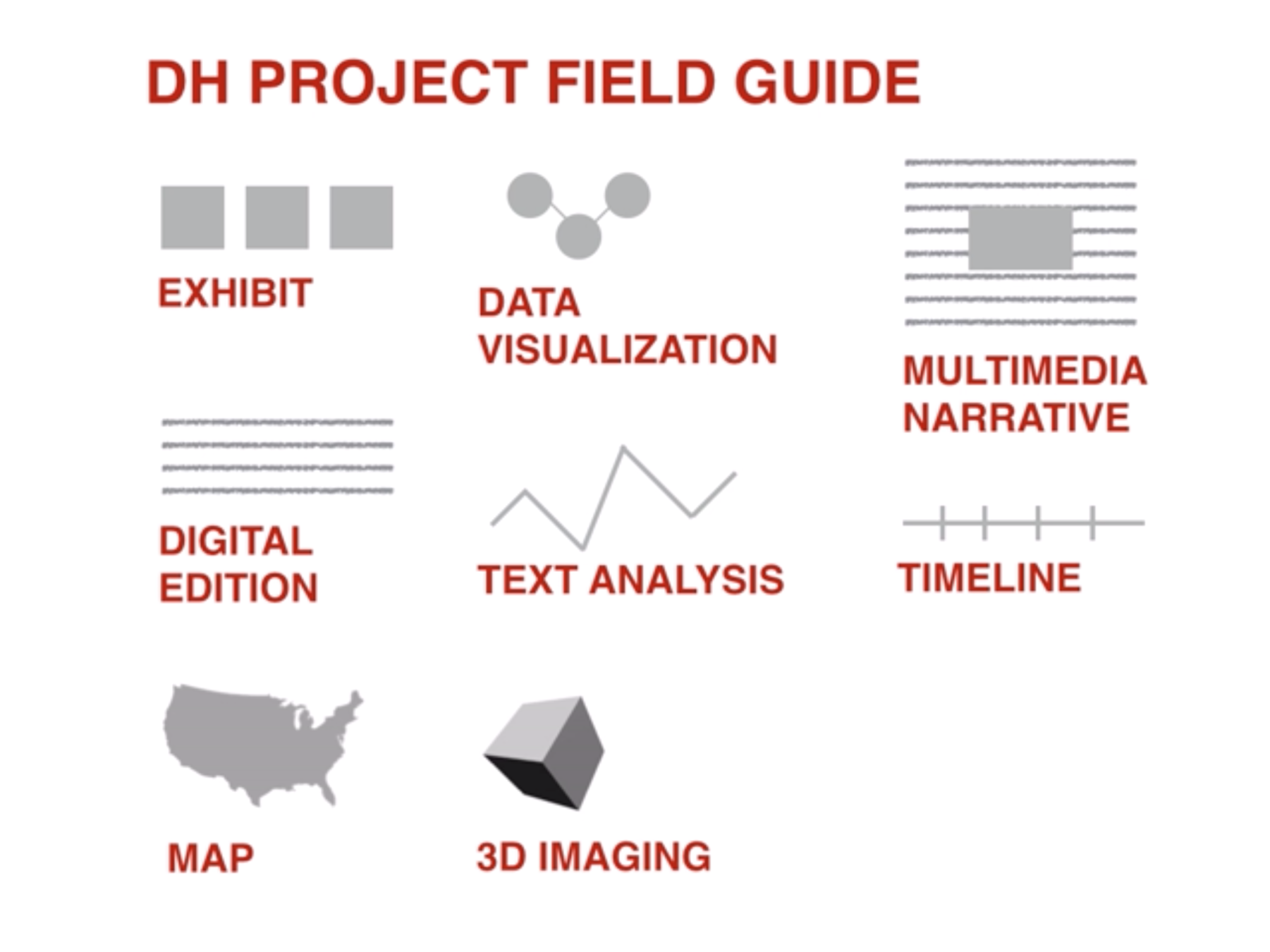
Digital History On-Campus Resources
Tools: Omeka, Zotero, Tropy
Projects: Who Built America?, The Lost Museum, Mall Histories
Events: Speakers, workshops, 25th anniversary in October
Current Research in Digital History: Annual conference and digital journal
Online Guides for different digital tools
Workshops: one-on-one by appointment or scheduled on the workshop calendar
Speaker series: occasional speakers
Digital Scholarship Center: Fenwick Library, Wing 2700
Roy Rosenzweig Center for History and New Media: Fourth Floor, Research Hall
First Blog Post
Blog post #1– Two parts, due by noon
(350-500 words total)
Wednesday, September 4:
- Part One: Drawing from our discussions of the Great Depression, New Deal, and digital history this first week, briefly discuss what you've learned and what you hope to learn more about throughout the semester.
- Part Two: Analyze the digital project assigned to you using Miriam Posner’s framework (type of project and three steps of analysis). *Make sure you include your thoughts on what/if/how the digital tools or transformations adds to the scholarship.*
- After posting, browse through the blog posts of your classmates, explore the projects they analyzed, and leave at least two comments that add to the discussion.
Criteria:
-
Address all parts of the prompt.
-
You need to cite Posner's video as well as any other sources you use. Non-textual sources still need citations in any blog you post this semester. Any style is fine as long as it is consistent (in-line citations cannot be included in word count).
- ALWAYS use clear language, proper grammar, and good sentence structure (for all blogs you submit this semester).
Further Reading
What is Digital History?: https://www.historians.org/publications-and-directories/perspectives-on-history/may-2009/what-is-digital-history
Digital History: http://chnm.gmu.edu/digitalhistory/
Social Security and IBM: https://www.wired.com/2012/06/how-social-security-saved-ibm/
Making a Turing Test in Slack: https://botsociety.io/blog/2018/03/the-turing-test
The Curse of Xanadu: https://www.wired.com/1995/06/xanadu/
Hamlet and the Holodeck review (hypertext): https://www.newyorker.com/books/second-read/hamlet-on-the-holodeck-twenty-years-later
Victory Garden (hypertext novel based on Borges): http://www.eastgate.com/catalog/VictoryGarden.html
Garden of Forking Paths Comic: https://johnmiers.com/portfolio/fp/
New Media Reader: https://mitpress.mit.edu/books/new-media-reader
Gleick, The Information: https://www.amazon.com/Information-History-Theory-Flood/dp/1400096235
Carr, The Shallows: https://www.amazon.com/Shallows-What-Internet-Doing-Brains/dp/0393339750
What is Digital Humanities?
By jdauteri
What is Digital Humanities?
- 1,324



